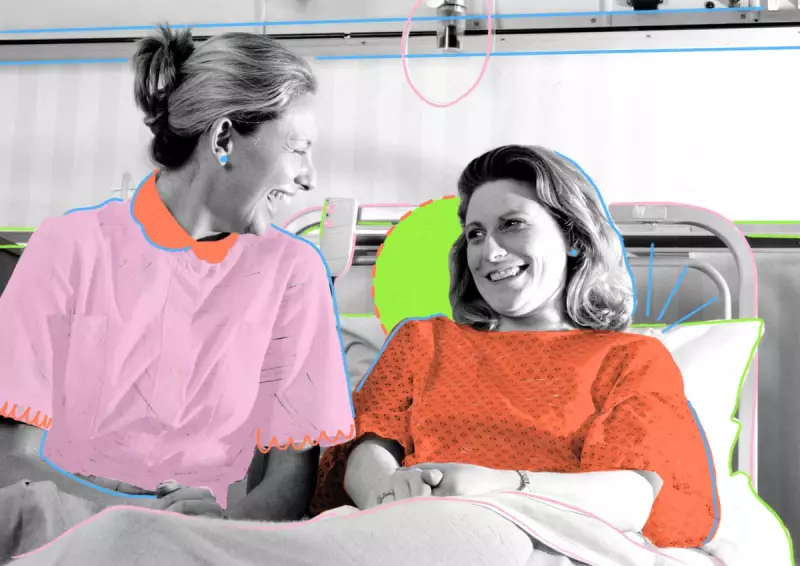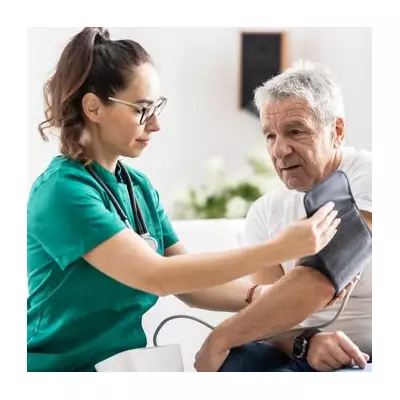
In the sterile, intimidating environment of a hospital ward, where bad news often arrives in clinical terms and fear hangs heavy in the air, the most profound healing can sometimes come from the most unexpected places. For one woman navigating the terrifying landscape of a cancer diagnosis, it wasn't just the medical treatment that proved transformative, but the extraordinary kindness offered by the stranger in the next bed.
The Moment Everything Changed
Facing a cancer diagnosis is a profoundly isolating experience. The world seems to shrink to the four walls of a consultation room, then a hospital ward. The mind races with unanswerable questions and the heart aches with a unique blend of fear and uncertainty. It was in this vulnerable state that a simple, human gesture—a reached-out hand, a shared look of understanding—bridged the gap between two strangers and created a lifeline.
More Than Just Medical Care
While the NHS provides exceptional clinical care, the emotional and psychological toll of cancer is a battle fought on a different front. The woman in the neighbouring bed, herself a patient, intuitively understood this. Her compassion created a parallel support system, one built on shared experience and mutual understanding that went beyond what any medicine could offer.
This story highlights a crucial, often overlooked aspect of healthcare: the therapeutic power of human connection. It serves as a powerful reminder that healing is not merely a physical process. The empathy and solidarity found in a fellow patient can provide a unique form of comfort, alleviating the profound loneliness that so often accompanies serious illness.
The Ripple Effect of Compassion
The impact of this single act of kindness did not end at the hospital door. It created a ripple effect, fundamentally altering one patient's perspective on her own journey. The support she received empowered her, providing not just solace but also a renewed sense of strength and community during her most challenging moments.
This narrative challenges the conventional boundaries of patient care, suggesting that the 'treatment' for an illness encompasses far more than drugs and procedures. It underscores the immense value of peer support and the hidden networks of care that form quietly between patients in waiting rooms and on wards across the country.
In an era where healthcare can feel increasingly transactional and rushed, this story stands as a beautiful testament to the enduring power of simple human kindness. It proves that sometimes, the most potent medicine doesn't come from a vial or a scan, but from the heart of someone who simply understands, reaches out, and says, "You are not alone."





